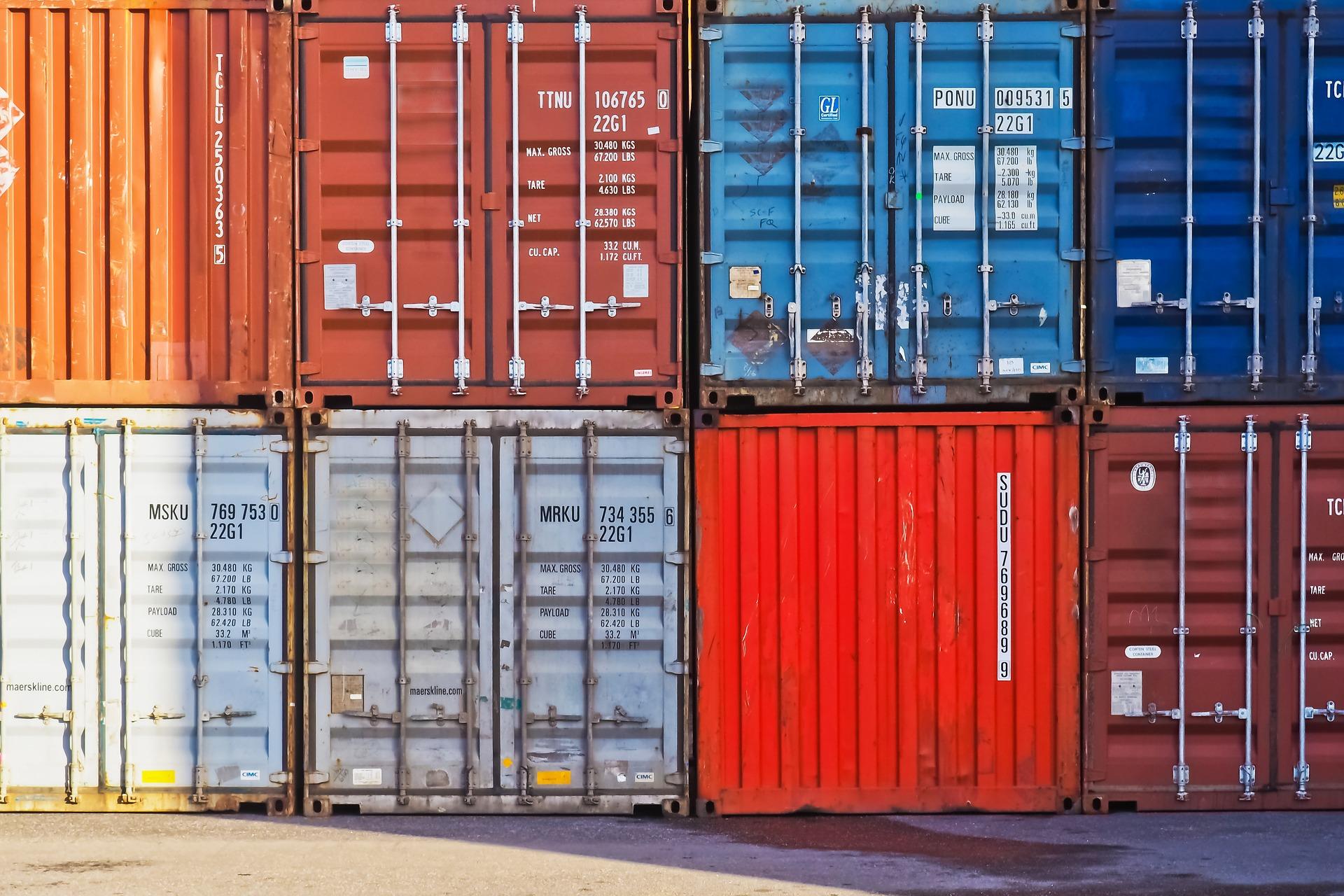
My wife, Debbie, and I are big fans of avocados. We love them in guacamole, salads, on sandwiches. You name it, we can probably put an avocado on it or in it. The last couple of times we went to the store, the avocados were rock hard and expensive, and we left empty handed and disappointed. So why do you care about our painful withdrawal from avocados? Because it illustrates how the tariffs are hitting the Berry household, and your household.
Simply put, in our case, the tariffs on goods from Mexico includes fruits and vegetables, and therefore avocados. So, Mexico isn’t exporting as many avocados, and the ones they are exporting are bearing the extra cost of the tariff. To make up the difference in supply and demand for avocados, the stores are bringing in more avocados from California, which aren’t ready for consumption yet (they are hard). Therefore, we have hard and expensive avocados.
I’ve heard government officials try and tell the public that the tariffs will not increase the price of goods imported to the U.S. They tell us that the foreign governments and the foreign producers of goods will be paying the tariffs. Well they technically may write the checks for the tariffs, but they will for sure add them to the price of their goods, so you and I are giving them the money to pay for them.
The U.S. and China are in a little tit for tat tariff war. So, for every tariff the U.S. puts on a Chinese product, they put a tariff on a product that the U.S. exports to China. The U.S. exports a good amount of beef to China. The tariff on this beef has made it more expensive for people in China to buy U.S. beef, therefore they go without beef (like we’re going without avocados) or they import beef from another country that isn’t in a trade war with China. So, who suffers? The U.S. beef producer does. He sells less beef to China and therefore makes less money.
Trade wars do nothing but create higher prices, and lower demand for both countries. Higher prices lead to inflation and therefore higher interest rates, which lead to even lower demand and most likely a recession.
The big argument for these tariffs has been to bring these countries to the negotiating table and create fairer trade deals. That generally doesn’t happen until each country has hurt the others economy. In the case of these new tariffs on products from Mexico, it is political. The tariffs are meant to get the Mexican government to do more to stop the flood of illegal immigrants coming from Mexico to the U.S. So, these tariffs have nothing to do with fair trade and everything to do with border security. Hmmm… Border security and fair trade seems like two separate issues.
The biggest cloud on our economic horizon is what the long-term effects of these tariffs will be. The Fed just came out and said they would be responsive to whatever effects the trade wars have on the economy. The way I read that is that if this goes on too long, the U.S. and the global economy will slow, and a recession could be a real possibility.
If that does happen, then I’m afraid that the Berry household is in for a long period of expensive and hard avocados.
These are the opinions of Mike Berry and not necessarily those of Cambridge, are for informational purposes only, and should not be construed or acted upon as individualized investment advice.
Mike Berry is a Registered Representative offering securities through Cambridge Investment Research, Inc., a Broker/Dealer, Member FINRA/SIPC. Investment Advisor Representative, Cambridge Investment Research Advisors, Inc., a Registered Investment Advisor. Legacy Wealth Management, LLC and Cambridge are not affiliated. Cambridge does not offer tax advice.
Copyright ©2019 Mike Berry. All Rights reserved. Commercial copying, duplication or reproduction is prohibited.
